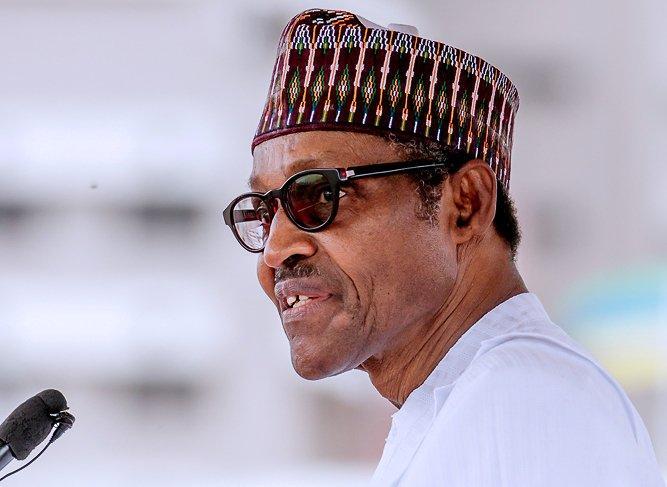State intervention in the economy marked Buhari’s first term
A new presidential advisory panel created by President Muhammadu Buhari could usher the reforms needed to breathe life into Nigeria’s economy during his second term but not many in the country expect the 76-year-old former military ruler will listen to them.
Buhari named an eight-member Economic Advisory Council last week in place of a broader team of bureaucrats led by Vice President Yemi Osinbajo, who under the constitution is the government’s economic policy coordinator.
Business leaders, including Aliko Dangote, the continent’s richest man, have applauded the creation of the board to bolster investor confidence.
Read Also: Increasing Nigeria’s non-oil exports to U.S. market
The council of outside experts, which will meet directly with Buhari every quarter, is led by Adedoyin Salami, a central bank board member until 2017 and associate professor of economics at the Lagos Business School, known as a cradle of orthodox economists. Other members include former central bank chief Chukwuma Soludo and economist Bismarck Rewane, an ex-Barclays Plc banker.
“These are known free-market capitalists who have been critical of President Buhari’s economic policies,” said Cheta Nwanze, head of research for Lagos-based SBM Intelligence. “While I’m cautiously optimistic, it remains to be seen really where this will go.”
The first major task will be to convince Buhari to reopen the border with Benin, Nwanze said. Buhari partially closed the frontier in August to halt rampant rice smuggling that his government claims hampers local output, a step business leaders say has disrupted regional trade.
Next on the agenda will be deeper reforms needed to modernize the tax system, eliminate multiple exchange rates and overhaul the oil and power sectors, which the new panel members have urged this and past administrations to do for years.
Convincing Buhari to limit the state’s hand in the economy and freeing control on the exchange rate, petrol and electricity prices in Nigeria, could however be a tougher task, Nwanze told Bloomberg.
Government intervention to keep the naira artificially strong and curb imports to foster local production is partly blamed for the slow recovery from a 2016 contraction.
It is the continent’s most populous nation with the population rising faster than GDP growth of barely 2% over the last two years, Nigeria trails smaller neighbors that have some of the world’s fastest-growing economies.
Read Also: Ghana: Nigeria’s Buhari condemns attempted military coup
The government has defended its interventions in the economy as the only way to wean the country off oil, encourage local production and lift millions out of poverty. Last year, Nigeria surpassed India as the country in the world with highest number of people living under extreme poverty.
Buhari’s economic ideology was shaped during his years as a military ruler between 1983 and 1985, when the state intervened directly in some sectors of the economy.
“There has clearly been mixed undertones, and we expect the new council to help provide clarity and a middle ground,” said Abiodun Keripe, financial and investment analyst at Troyka Holdings in Lagos. “If the president is able to listen and implement some of their advice I think Nigeria should see a shift.”
Join BusinessDay whatsapp Channel, to stay up to date
Open In Whatsapp





